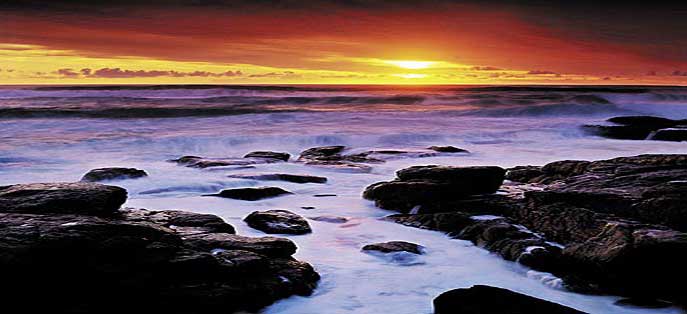EPILOGUE |
|||
|
‘King Drust of the Hundred Battles, Brude son of Bile, Oengus son of Uurguist, Constantin son of Wrguist and Kenneth son of Alpin.’ Wonderful names from Scotland’s heroic past. What men they were and what sights they must have seen and experienced. Sights that we can barely imagine today. Huge battles on sea and land with weapons like swords, spears and axes. Scenes of wanton destruction and the most awful acts of barbaric cruelty, all unquestionably played out against a background of exceptional personal courage and willing self-sacrifice. The Picts, we recall, lived in the world of the Warlord. Which surely begs the question: Do the Scots of today honour the memory of their Pictish and Dalriadan ancestors who sacrificed so much to defend their identity, and stands Kenneth Mac Alpin’s Scotland where it did? Walter Bower, Abbot of Inchcolm and author of the ‘Scotichronicon’, writing in Latin in the 15th century and quoting from, it is believed, a much older chronicle, (though he does not give its provenance) describes the Scots’ enduring love of liberty: “…going barefoot, undernourished and dressed in rags…or hair shirts with which they were roughly covered. And in all these misfortunes and hardships they could never be prevailed upon to submit to or obey a foreign king, but on the contrary, they were always obedient and loyal under their own kings’ rule and chose to lead no other life than this that was no better than the life of wild beasts, so long as they had their freedom.” It is the opinion of this author that each and every Scot knows the answer to the question asked above, as it instinctively lies within himself. All he has to do is search for it and recognise it for what it is.
|
 |
REX PICTORUM |
Back to Top
Return to Paisley T. A. website
© Ron Henderson 2008-09

